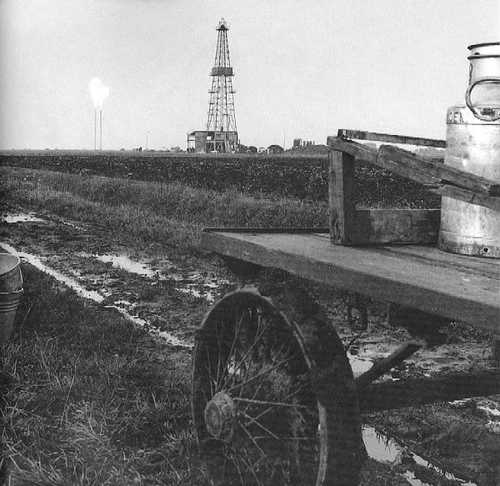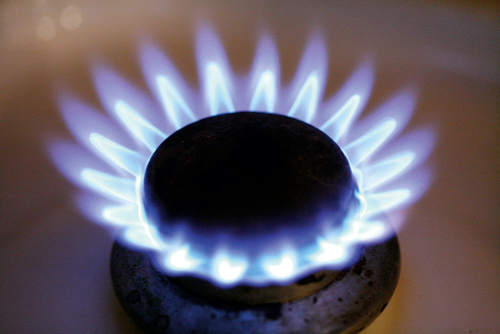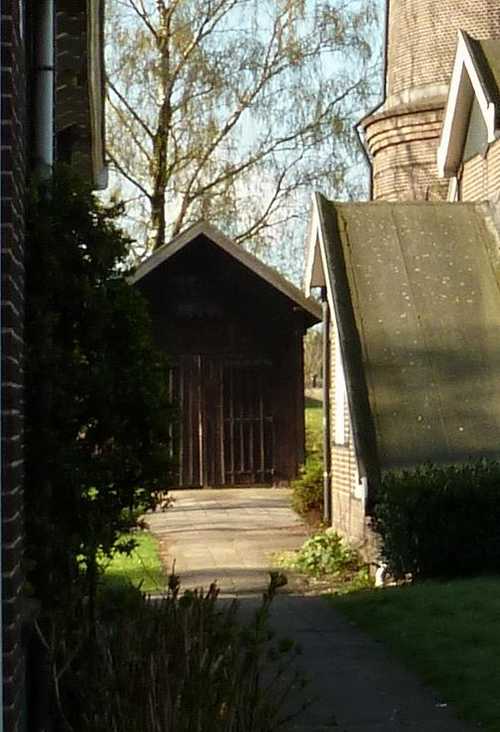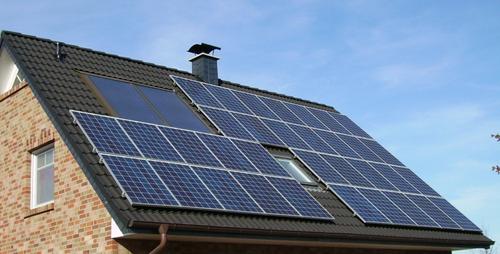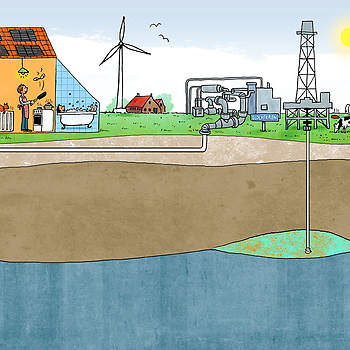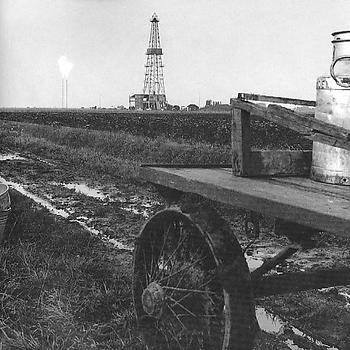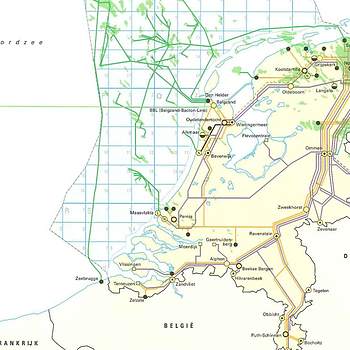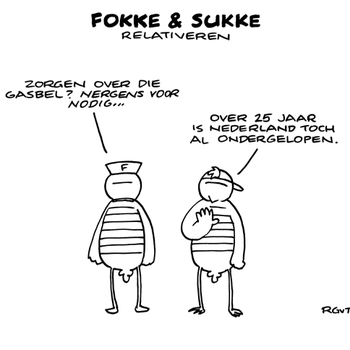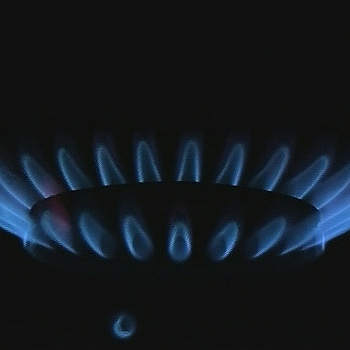Coal
How do I heat my home and my food? For thousands of years, wood and peat were the most commonly used fuels in the Low Countries. Not until the nineteenth century are they replaced by coal. This fossil fuel can be mined in large volumes and is cheaper to produce. Moreover, coal is the fuel used in the purview of industrialisation: steam engines run on coal. Coal gets the trains moving.
From 1900 onwards, coal extraction creates new job opportunities in the Netherlands, particularly in the province of Limburg, where twelve mines are opened. For decades, mining is a reliable source of employment. It attracts migrants and workers from far and wide, as far away as the Mediterranean. Towns such as Heerlen and Geleen evolve into prosperous, modern cities and are proud of their new facilities, such as hospitals and schools.
Closing the mines
And then the energy landscape changes. In 1959, giant gas reserves are discovered underneath the land of farmer Boon in Slochteren. This gas can easily be pumped up, and through a pipe grid it eventually ends up in virtually every home, where it is used to fuel gas heaters and stoves. Coal still remains important for the industry, but abroad its extraction is much easier and cheaper. That is why in 1965 the government announces its intention to gradually phase out coal production.
New jobs must be found for the workers who are dismissed: a total of 45,000, not counting the tens of thousands of supply company jobs that will disappear. Despite the government plans to keep employment opportunities up to par, from 1975 onwards the mining region in Limburg is hit by a prolonged economic recession and social decline. Furthermore, the abandoned mines cause new problems: groundwater slowly rises in the highly polluted mines, thus becoming contaminated. In addition, the groundwater erodes the former mine shafts, raising the danger of sudden mine subsidence, subsoil sinkholes causing a risk of collapse. In 2011, part of a shopping centre in Heerlen subsides as a result of such a sinkhole.
Gas extraction
By now, the large-scale extraction of natural gas also involves considerable problems. In the province of Groningen, subsoil subsidence regularly causes earthquakes. In recent years, the quakes are increasing in intensity, causing serious damage to homes and other buildings. This creates unrest among local residents, who organise several protest campaigns against the gas extraction. The government intends to turn off the gas entirely by 2022.
New sources of energy
The side effects and consequences of the use of fossil fuels – pollution, earthquakes, but also rising temperatures as a result of CO2 emissions – will require attention for years to come. Both the European Union and the United Nations have set down agreements on measures to contain such consequences. Converting to new, sustainable forms of energy, such as wind, hydrogen and solar power can be helpful in this respect. The exploration of ways to approach this energy transition constitutes one of the most important issues of our time.

